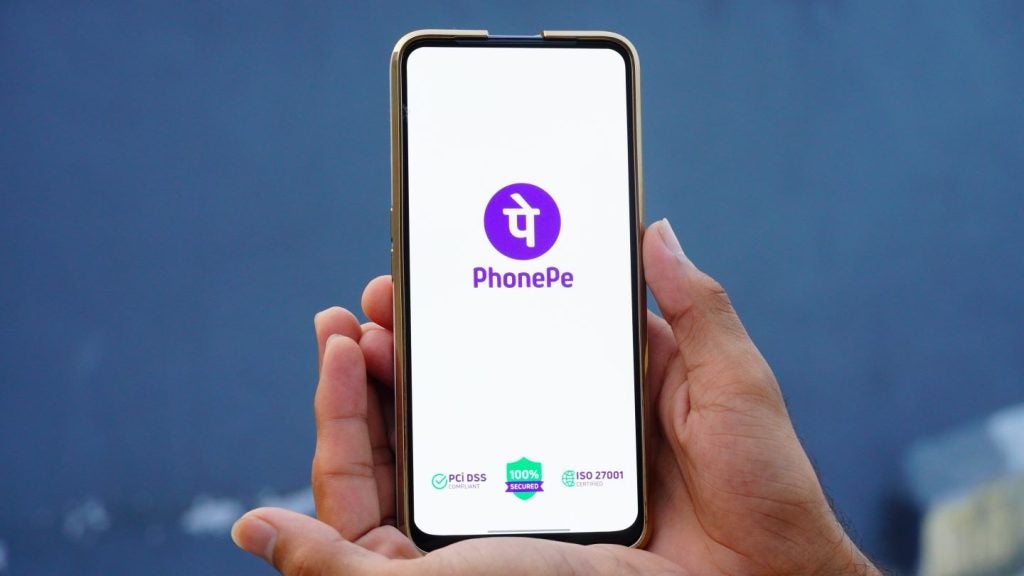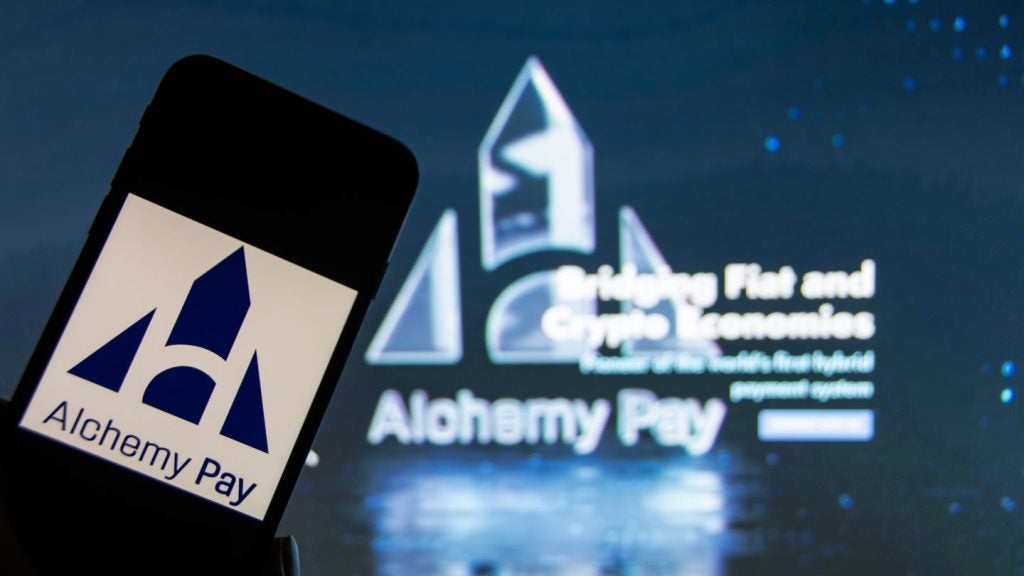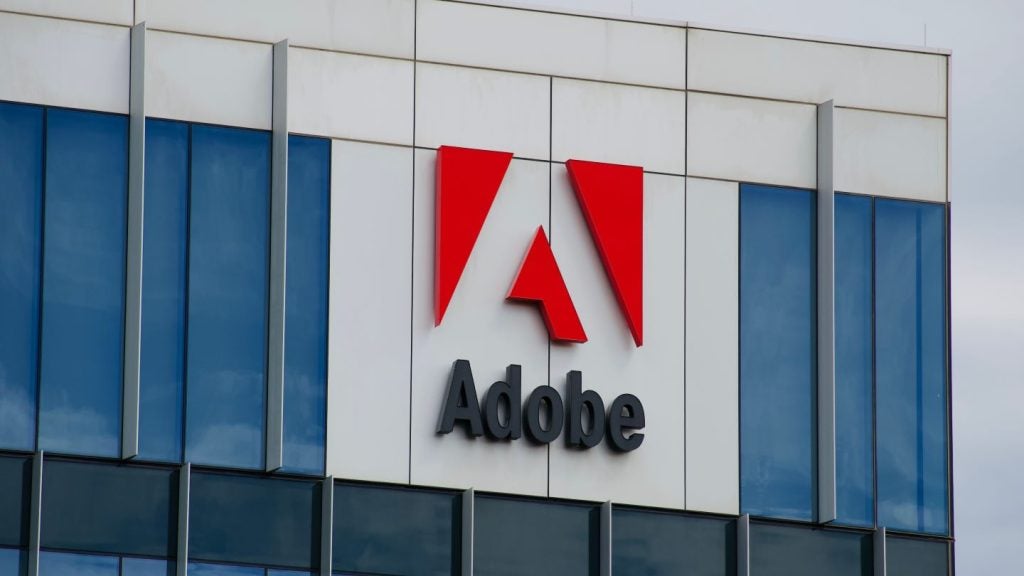
Parabank and Dock recently partnered to launch a credit solution for people with disabilities in Brazil. People with disabilities comprise almost 10% of the Brazilian population.
Parabank is now launching credit and prepaid cards with a variety of benefits, including partnerships with rehabilitation clinics. The objective is to provide accessible financial products and services that are designed to suit the purchasing and payment needs of consumers with a wide range of disabilities.
Using Dock technology, Parabank will function as a financial services hub to assist people with disabilities in accessing treatment. Among the services offered are the financing of prostheses for amputees, complex treatments, physiotherapy in high-quality clinics at affordable prices and financing for students pursuing higher education.
Robert Prendergast (RP): What are the restrictions that prevent people with disabilities from accessing banking services?
Antonio Soares (AS): It is estimated that there are 1.5m people with disabilities without banking access in Brazil. In addition, people with disabilities are underserved in access to financial resources, such as credit. Many of them haven’t finished school or don’t have a steady job and the credit lines available to them aren’t enough. For example, for amputees, prosthetics can range in cost between R$10,000 to R$15,000. These devices, which enable mobility, are often necessary for people to pursue their desired career, complete their education or even just to be able to enjoy going outdoors or playing a sport. And in an environment in which financing is hard to come by, getting a loan can be an incredibly time-consuming and frustrating process. In response to these challenges, Parabank acts as a financial services hub to assist in physical and financial rehabilitation. Services offered by Parabank to customers with disabilities include financing of prosthetics for amputees, complex treatments, support with the continuation of education and physiotherapy in high-quality clinics at affordable prices.
Gelson Junior (GJ): People with disabilities face several barriers when accessing banking services. These barriers are not limited to physical issues but also include the lack of physical and digital accessibility, as well as specialised and humanised service. The focal point here is that many people with disabilities (PwDs) have difficulty accessing lines of credit that meet their specific needs, such as the acquisition of prosthetics and orthotics. The issue of income also weighs heavily, as PwDs often face greater challenges in the job market, which can lead to discrimination in the granting of credit. Bureaucracy and the lack of targeted financial products have further aggravated the situation, as there are not many inclusive credit options for this group. At Parabank, in addition to working to provide specific credit line options for this underserved group, we are developing solutions with initiatives such as Paratech, which offers technology courses for PwDs who do not have easy access to education. In addition, we also have the Para Institute, which is dedicated to supporting children and young people, offering rehabilitation, training, medical assistance, psychological support and sports activities, which reinforces our commitment to inclusion.
RP: What sort of amendments do you make to accommodate people with disabilities?
AS: People with disabilities need products and services tailored to their needs. Traditional institutions are unaware of these specific needs and, therefore, they’re not able to offer this level of personalisation. Our goal with the Dock and Parabank partnership is to develop accessible and inclusive solutions that make it easier for people with disabilities to access financial services and credit, which can have a significant impact on these people’s lives. Parabank is a complete bank, with digital accounts, cards and investment tools all available online and in the app. Dock provides Parabank with the same technology tools that large banks and fintechs, and Parabank also leverages its deep understanding of this customer group. Using Parabank, which is powered by Dock, users can take out credit for treatment at a clinic that Parabank has determined has well-regarded services. And in using Parabank, these customers can leverage Dock’s technology. It is the sum of Parabank and Dock’s specialities that makes these services so interesting and beneficial to the public.
GJ: At Parabank, we are working to ensure that our services are fully accessible to people with disabilities. We have plans to have our platforms operate with screen readers, voice navigation and more inclusive interfaces in the future, in addition to facilitating access for those with reduced mobility. Our team is studying how to develop even more improvements to make the banking experience even more accessible. In addition, we are implementing Braille cards to ensure that people with visual impairments can use our products more independently and safely. We are also working to humanise our service more and more, making our contact with customers more accessible and welcoming. We are already working with our call centre.
RP: What needs to be done to make Brazil more inclusive?
AS: Brazil has a well-developed financial system, but a compact one. We have around 1,000 banks. The US has almost 12,000 financial institutions. If we want to bring financial services to an economy the size of Brazil’s, it won’t work with a thousand banks. We’re going to need people and businesses who are going to spread this financial infrastructure, especially to specific audiences, such as people with disabilities, people at the base of the financial pyramid, small businesses, and people in remote places. This is why we believe in embedded finance as the next frontier of financial services, and Parabank is a great example of this. If more companies start looking at specific niches like this, we’ll be better able to serve a wide range of audiences and increase financial inclusion. When we enable the technology to transform a company of any sector into a bank, we add value to that company and bring a new solution to its target audience, one that is differentiated from what would be offered by traditional banks. These companies have their finger on the pulse of what consumers are looking for. They know them best; they know their needs and consumption habits. They can offer tailor-made products, increasingly suited to the needs of their audience. On the other side, there are companies like Dock, which are connectors and play an important role in increasing financial access and the number of institutions that offer financial services.
GJ: It is essential to raise awareness and not allow ableism to grow stronger. It is necessary to ensure that all cities are accessible to people with disabilities, adapting urban mobility appropriately. This includes ensuring that streets are free of potholes, traffic lights have audible signals and other resources facilitate the movement of blind people, people with reduced mobility and other needs for people with disabilities in general. In addition, it is essential to promote awareness among the population about the respect and priority that should be given to people with disabilities in traffic, for example, ensuring that these people can move around safely. It is crucial that public policies address these accessibility issues in general, more efficiently and that they are applied consistently in all regions. For us, we see that we can help to persist in this purpose and use the strength of its growing brand.
RP: What other banking and payment problems are faced in Brazil?
AS: While Brazil has been making progress, we still have a way to go when it comes to making sure everyone can fully participate in the financial system. We have achieved a banking inclusion rate of almost 90% of people, but financial inclusion goes beyond that. Banking alone is not inclusion. If we want truly inclusive economic development, we must go beyond promoting digital banking services, and the main challenge today is credit. Today in Brazil is that the next wave of inclusion is coming, which will be using the Pix rail, our instant payment system created by the Central Bank, to provide credit. It will not eliminate credit cards, but it will bring people without traditional methods of access to credit to credit, because it will be a cheaper, disintermediated rail, in which it will be possible, for example, to provide credit for an entrepreneur to expand her beauty salon, or to provide working capital for a pizzeria. To achieve this, we will need businesses which will spread the financial infrastructure. Dock’s hope is that as financial infrastructure continues to be built in every part of the country, financial services of all kinds will reach individuals at the beginning of the financial inclusion process. Beyond only reaching them, the goal is to offers products customised to their realities, to their unique needs. Embedded finance will help us get there.
RP: What partnerships with rehabilitation centres have been formed?
GJ: We have approximately 30 rehabilitation clinics distributed throughout São Paulo and other regions of Brazil, all certified to ensure that our clients receive quality services. These clinics have a global presence and are relevant in the rehabilitation of amputees or people with reduced mobility, meeting their needs in a personalised manner and with a high standard of care.
We would like to mention Para Instituto again, which aims to provide comprehensive support, including rehabilitation, training, medical assistance, psychological support and sports activities. Physical rehabilitation training with prosthetics and wheelchairs, professional training through courses that develop practical skills and psychological support essential to strengthen the resilience and mental well-being of young people. This is a project that we are working to launch soon.






